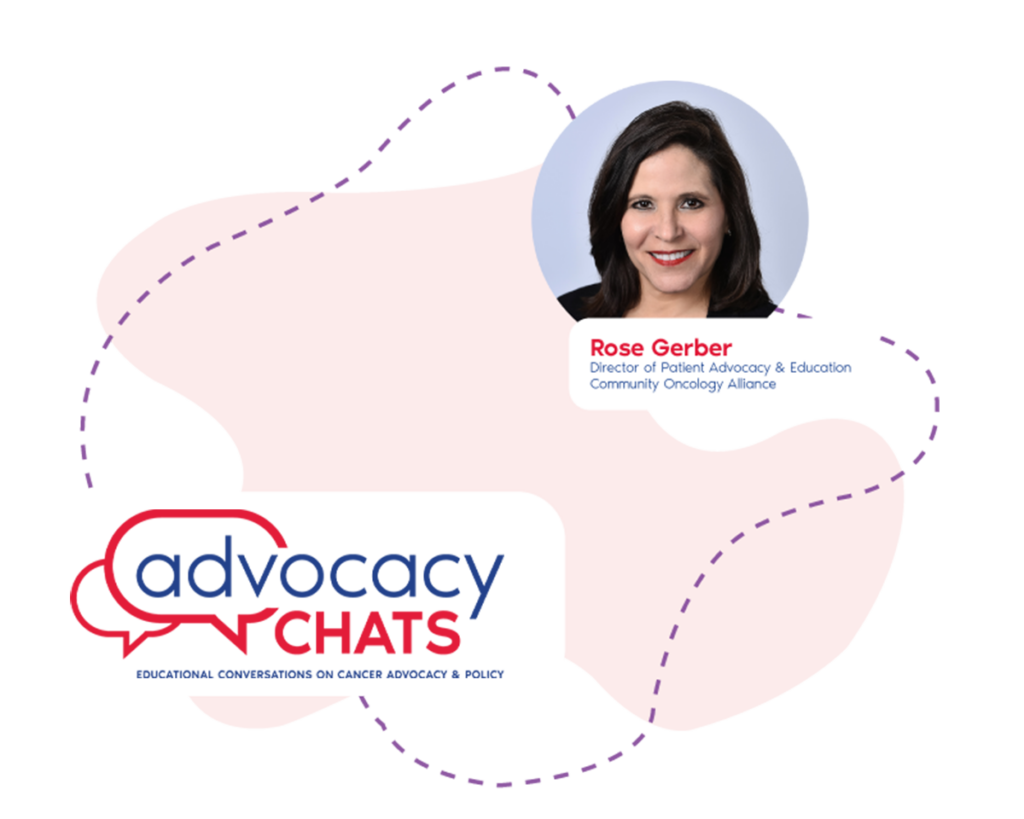
COA’s Crystal Ball – What Can We Expect in 2026?
February 4, 2026, at 12 p.m. EST
Join CPAN’s annual Advocacy Chat Kick Off on Wednesday, February 4, 2026, at 12 p.m. ET to hear from COA’s Executive Director, Ted Okon, and Managing Director, Nick Ferreyros, on what we anticipate the 2026 policy landscape in Washington will look like and what progress has been made on COA’s top policy and advocacy issues.
Previous Advocacy Chats
Each month, a special guest joins COA’s Director of Patient Advocacy & Education, Rose Gerber for a conversation on oncology and advocacy-related topics.
A prepared advocate is an effective advocate. That’s why COA and CPAN are working to provide advocates with the latest information on policy changes. As a new year begins, ensure you have the tools and knowledge you need to advocate for local, affordable cancer care.
View all past chats with full video playback, notes, and session slides.
Previous Advocacy Chats
Each month, a special guest joins COA’s Director of Patient Advocacy & Education, Rose Gerber for a conversation on oncology and advocacy-related topics.
A prepared advocate is an effective advocate. That’s why COA and CPAN are working to provide advocates with the latest information on policy changes. As a new year begins, ensure you have the tools and knowledge you need to advocate for local, affordable cancer care.
View all past chats with full video playback, notes, and session slides.

